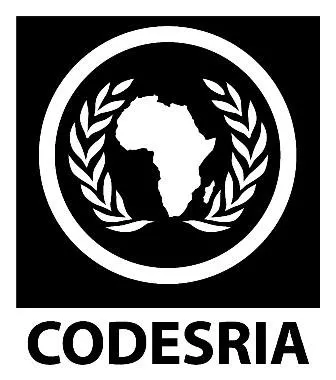Protecting intellectual property rights has become essential in encouraging cutting- edge scholarship that advances the frontiers of knowledge. For a long time, the majority of Africa’s intelligentsia has worked in local and international environments that have exploited the continent’s intellectual capital. Even in contexts where intellectual property rights are enforced, certain constituencies remain at high risk for exploitation. In this paper I use three case studies to argue for a more comprehensive conversation on this issue encompassing intellectuals working in different contexts and with diverse agendas. The first of these involves the unequal power dynamics between individuals working in different kinds of institutions, in this particular case, complicated by the global North/ South divide.
The second explores the dynamics of power in intellectual relationships while the third deals with the challenges emanating from the development and use of endogenous epistemologies in conversation and confrontation with modes of scholarship traditionally privileged in the western(ised) academy. How do we move towards a comprehensive intellectual property rights regime that does not inhibit intellectual freedom of exploration as it protects even the most vulnerable from exploitation? How do we foster a vibrant intellectual environment that is especially nurturing to communities traditionally marginalised within the academy?






